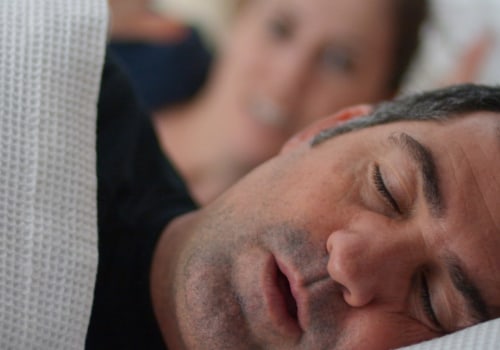Getting enough sleep is essential for good health, but what if you don't get the recommended seven to eight hours? Evidence shows that regularly sleeping less than five hours a night can be linked to cardiovascular problems and poor immune health. However, there are some people who seem to be able to get by on less sleep without any negative side effects. Stephen Klasko is one of these people, claiming to have prided himself throughout his life on sleeping only four to five hours a night. But is this really possible? According to Dr.
Fu, a researcher who studies a rare group of people who seem to be genetically inclined to sleep less, it is possible. However, he cautions against taking it for granted and suggests that if you have trouble sleeping or are unable to sleep more than a few hours a night, you should talk to your doctor. It is possible that the amount of sleep individuals need to avoid fatigue or lack of appetite is different from the amount needed to avoid overeating, diabetes or depression. Devices such as Fitbits, which can monitor sleep habits, have given rise to a form of sleep perfectionism, which researchers have dubbed orthosomnia, that can also increase anxiety. Patients with poorly controlled diabetes and sleep apnoea have improved blood glucose control when treated for sleep apnoea.
So it is important to note that even if you feel fine after only four or five hours of sleep, it does not necessarily mean that you are not at risk for other health problems. When forced to sit still, for example, in an MRI machine or in a dark, quiet room, those who say they feel fine are just as sleepy as those who knew they were tired all along. It is important to remember that getting enough sleep is essential for good health. If you are unable to get the recommended seven to eight hours of sleep each night, talk to your doctor and make sure you are getting enough quality sleep.












Leave a Comment